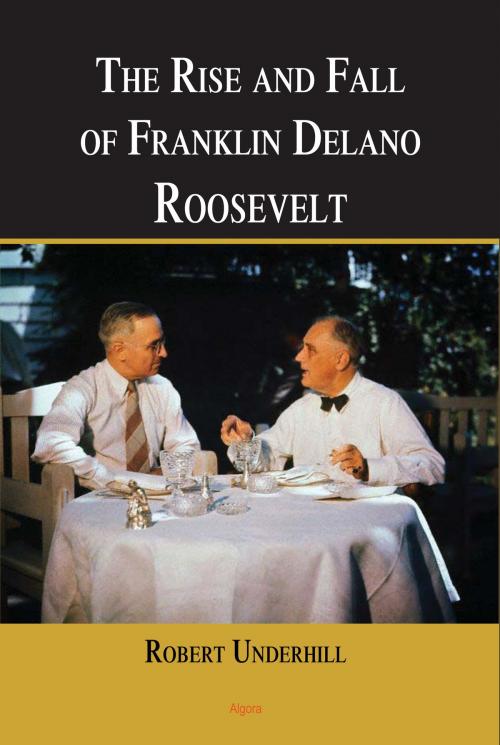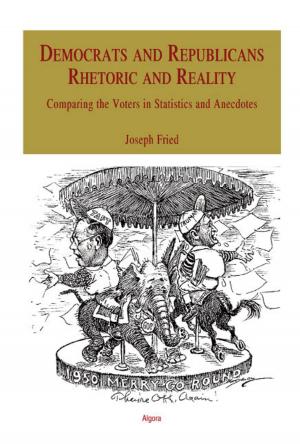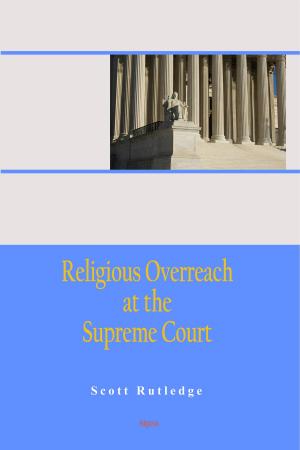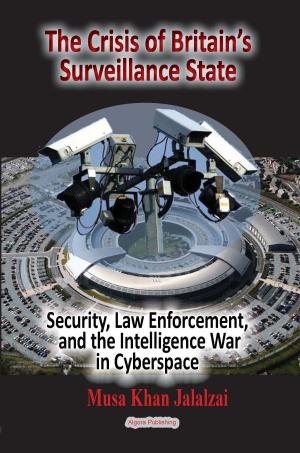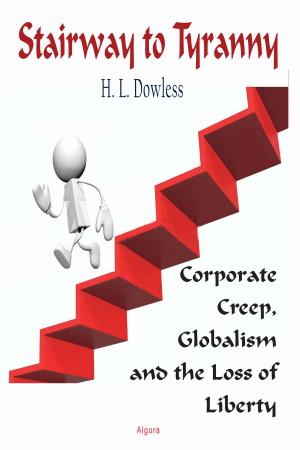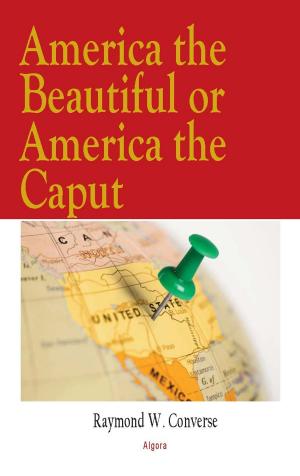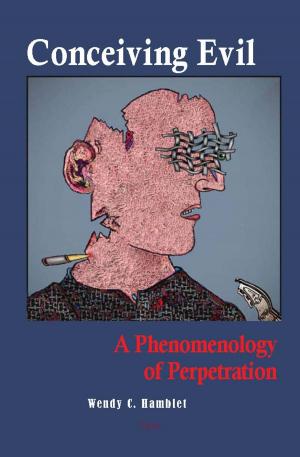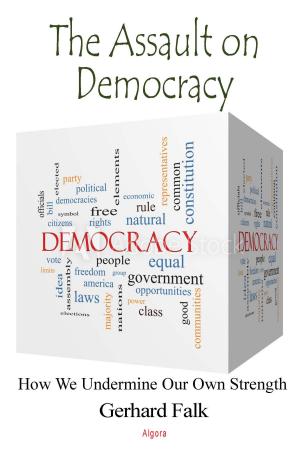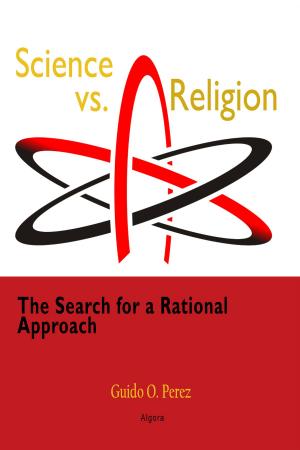The Rise and Fall of Franklin Delano Roosevelt
Nonfiction, History, Americas, United States, 20th Century| Author: | Robert Underhill | ISBN: | 9780875869506 |
| Publisher: | Algora Publishing | Publication: | December 15, 2009 |
| Imprint: | Algora Publishing | Language: | English |
| Author: | Robert Underhill |
| ISBN: | 9780875869506 |
| Publisher: | Algora Publishing |
| Publication: | December 15, 2009 |
| Imprint: | Algora Publishing |
| Language: | English |
This book examines the personal and administrative qualities of FDR and from that perspective analyzes the U.S. response to the changing global scene between the two world wars. Governments during the period preceding and throughout World War II were not without defects, yet despite lapses and mistakes made by the U.S. Administration in Washington between 1939 and 1945, the accumulated errors did not equal either of two major ones committed by wartime enemies: 1) Hitlers judgment in invading the Soviet Union, and 2) Japans decision to attack Pearl Harbor.
World War I had reduced most of Western Europe to rubble, and in the aftermath of that debacle extreme poverty, due in large part to the harshness of peace treaties, swept over the defeated nations. The hardships of those times made it inevitable that some governments would attempt recovery through authoritarian and military means. In the United States, conditions first flourished and then, after the stock market crashed in 1929, sank into a Great Depression. Stresses were very grave, but rather than resorting to arms American citizens yielded to reforms instituted through measures of the New Deal, the hallmark of Roosevelt's presidency.
Meanwhile, totalitarian leaders in Germany and Italy encouraged huge rearmaments programs and began encroaching neighboring governments. Austria, Czechoslovakia, Hungary, Romania, and smaller nations were taken over by Nazis, thereby adding to a Reich which der Fuhrer (the leader) and his cohorts claimed would last a thousand years. Driven by that zeal, the German Wehrmacht (armed forces) in 1939 invaded Poland, and another World War was begun.
Roosevelt and his interactions with Churchill, who was urgently seeking U.S. assistancewhile the American population wanted no part in another warmake up a central theme of the current work. As well, developments in the Pacific are examined including Japan and Pearl Harbor, and questions of what he knew and when he knew it.
At the same time, discussions of aspects of Roosevelt's personal life make it plain that even the most compelling figures in American history were very human.
This book examines the personal and administrative qualities of FDR and from that perspective analyzes the U.S. response to the changing global scene between the two world wars. Governments during the period preceding and throughout World War II were not without defects, yet despite lapses and mistakes made by the U.S. Administration in Washington between 1939 and 1945, the accumulated errors did not equal either of two major ones committed by wartime enemies: 1) Hitlers judgment in invading the Soviet Union, and 2) Japans decision to attack Pearl Harbor.
World War I had reduced most of Western Europe to rubble, and in the aftermath of that debacle extreme poverty, due in large part to the harshness of peace treaties, swept over the defeated nations. The hardships of those times made it inevitable that some governments would attempt recovery through authoritarian and military means. In the United States, conditions first flourished and then, after the stock market crashed in 1929, sank into a Great Depression. Stresses were very grave, but rather than resorting to arms American citizens yielded to reforms instituted through measures of the New Deal, the hallmark of Roosevelt's presidency.
Meanwhile, totalitarian leaders in Germany and Italy encouraged huge rearmaments programs and began encroaching neighboring governments. Austria, Czechoslovakia, Hungary, Romania, and smaller nations were taken over by Nazis, thereby adding to a Reich which der Fuhrer (the leader) and his cohorts claimed would last a thousand years. Driven by that zeal, the German Wehrmacht (armed forces) in 1939 invaded Poland, and another World War was begun.
Roosevelt and his interactions with Churchill, who was urgently seeking U.S. assistancewhile the American population wanted no part in another warmake up a central theme of the current work. As well, developments in the Pacific are examined including Japan and Pearl Harbor, and questions of what he knew and when he knew it.
At the same time, discussions of aspects of Roosevelt's personal life make it plain that even the most compelling figures in American history were very human.
